The Best TV Shows on Nippon News Network
Every Nippon News Network Show Ranked From Best To Worst
Notable series such as 姿三四郎 and Wounded Angels from Nippon News Network first graced the screens in 1970 and 1974. Explore our list of the top rated shows up to date from February 2026 that includes over 20 unique series. Showcasing over 20 shows from 1970 up until 2024, Nippon News Network stands as a beacon of television excellence.
 Wounded Angels (1974)10.0
Wounded Angels (1974)10.0Two lovable idiot "private detectives" (or at least, that's their cover story —more like gangsters) try to make ends meet on the mean streets of Tokyo.
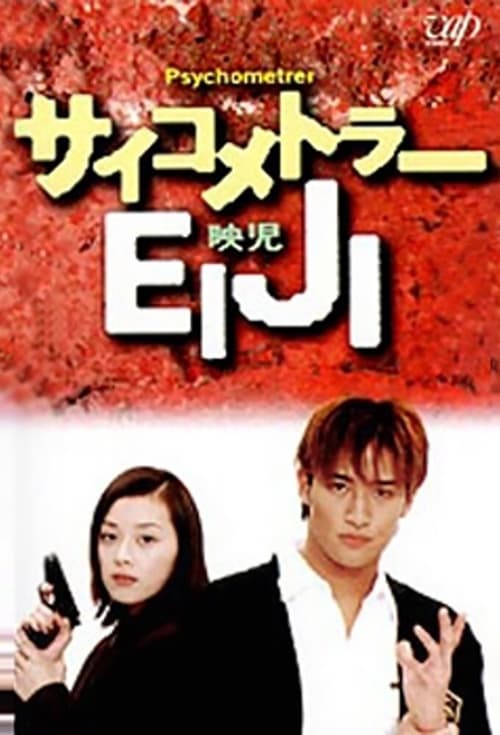 Psychometrer Eiji (1997)7.7
Psychometrer Eiji (1997)7.7Eiji, an average high school student, and his 2 friends stumble onto a crime scene. When he touches something with one of his hands, he is able to receive brief impressions of the past of the object - psychometry. Determined to solve crimes, a woman detective finds out about his ability and tries to persuade him to use it, even resorting to food bribes for he and his friends.
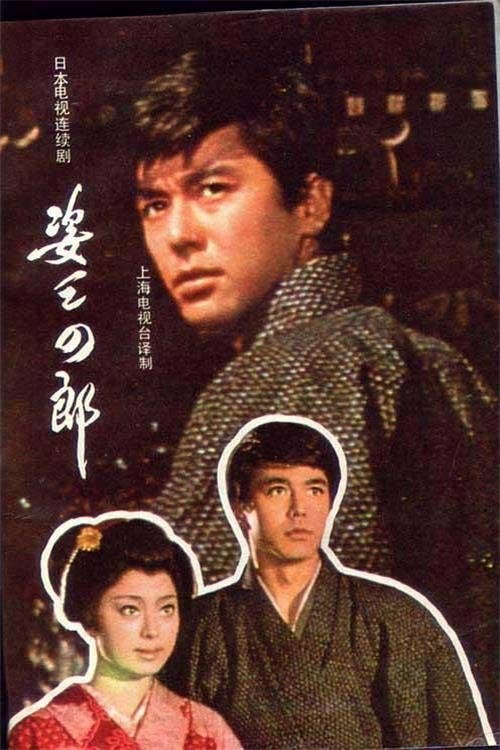 姿三四郎 (1970)7.5
姿三四郎 (1970)7.5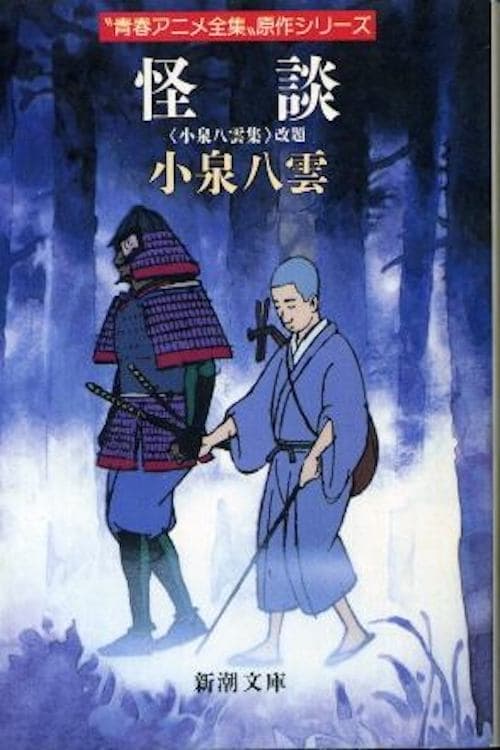 Animated Classics of Japanese Literature (1986)7.0
Animated Classics of Japanese Literature (1986)7.0A brilliant collection of beautifully animated episodes based on selected masterpieces of Japanese modern literature. The aim of this series is to appeal to the viewer at large and to give him or her some idea of the variety and individuality which Japanese literature has developed over the last hundred years. The authors range from Higuchi Ichiyou (Takekurabe), Mori Ougai (The Dancing Girl) and Natsume Souseki (Botchan) to Kawabata Yasunari (The Izu Dancer), Nobel laureate of 1968, and Mishima Yukio (The Sound of Waves).
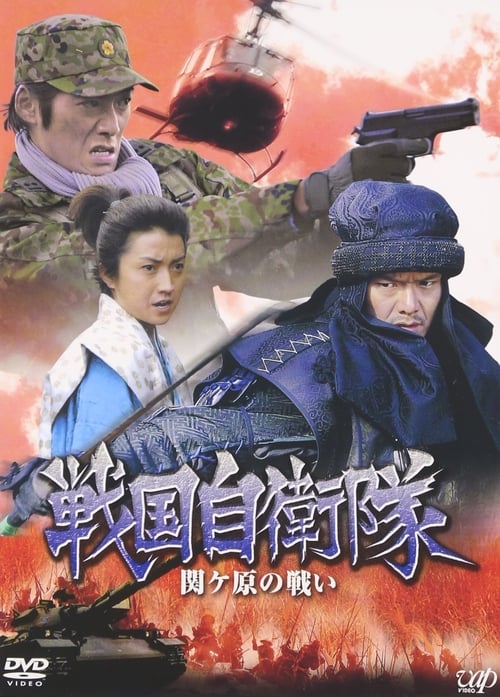 The Battle at Sekigahara (2006)7.0
The Battle at Sekigahara (2006)7.0The Japanese Self-Defence Force suddenly time-travels to 1600s Japan in the middle of the epic battle of Sekigahara. With the latest weapons at their side, they join the battle.
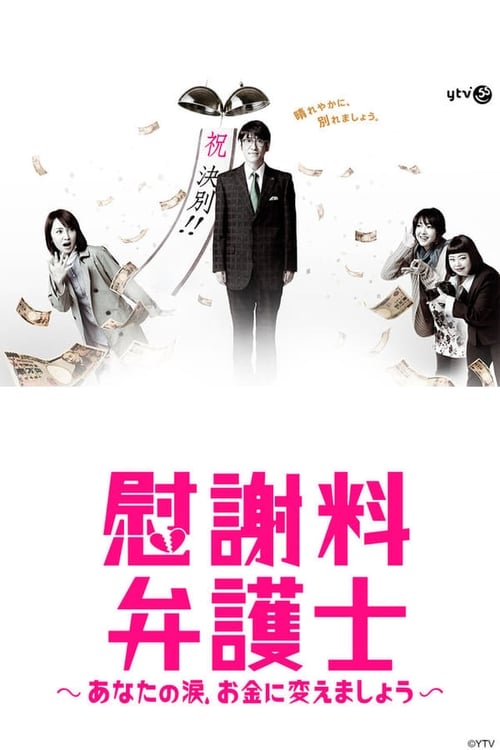 Divorce Chaser (2014)7.0
Divorce Chaser (2014)7.0Hakamada Yukio is a competent, mysterious lawyer who only handles settlement cases because of past experiences. Although his scathing words get on clients’ nerves, his primary consideration is their welfare. His philosophy that “love is something that can never be bought with money. But if a client is able to have genuine resolve, I’ll certainly get the compensation and give the push for a fresh start” is the basis for the problems that he solves one after another.
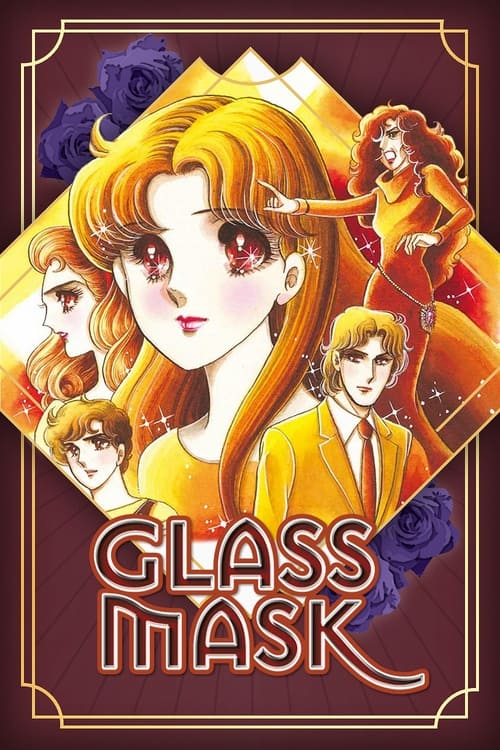 Glass Mask (1984)6.8
Glass Mask (1984)6.8It seems like a fairy tale story. Plucked from obscurity by the legendary actress Chigusa Tsukikage, 13-year-old Maya Kitajima is given the chance of a lifetime and the opportunity to study at a legendary acting school. She'll also find an archrival, however, and Ayumi Himekawa is as determined to be the greatest actress of her generation as Maya is. To succeed, each girl must conquer every acting challenge placed in front of her and then push even further as they aim for the same ultimate goal: the role of the Crimson Goddess in the play of the same name, a part created by Chigusa herself. All the world is the stage as the ultimate dramatic rivalry begins in the original anime classic.
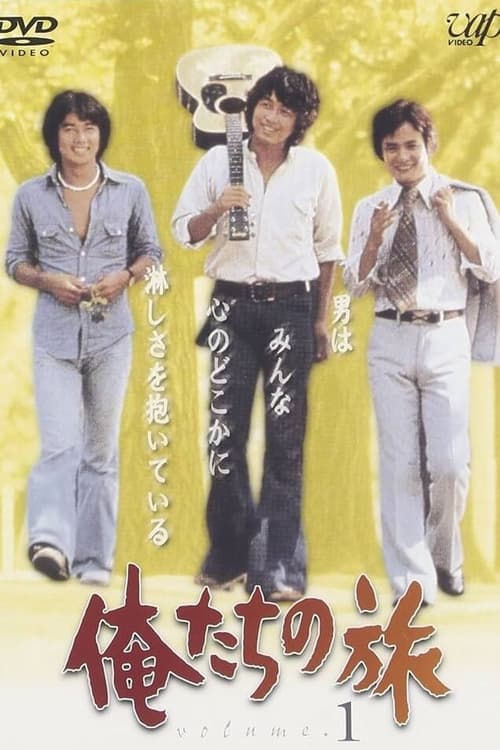 Oretachi no Tabi (1975)N/A
Oretachi no Tabi (1975)N/AA milestone in Japanese teen drama, representing the 1970s. It questions the meaning of life, worries, and joys.
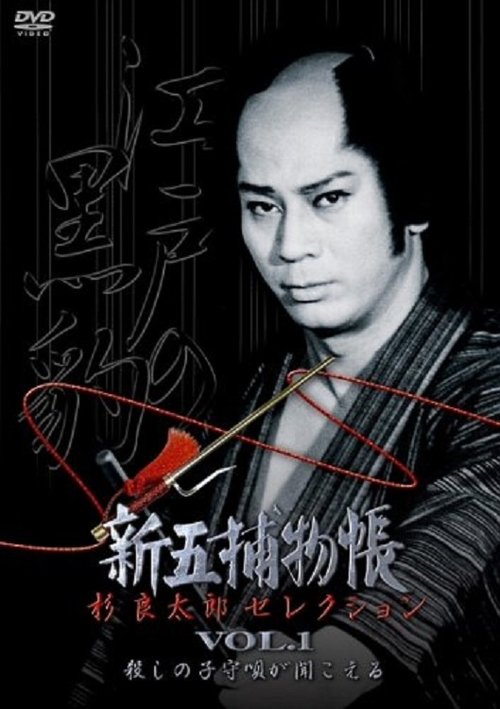 The Shingo Case Files (1977)N/A
The Shingo Case Files (1977)N/AShingo is back! As an associate to magistrate’s office, Shingo rises up against evil to protect Edo’s modest people. Hard-boiled Jidaigeki staring Ryotaro Sugi.
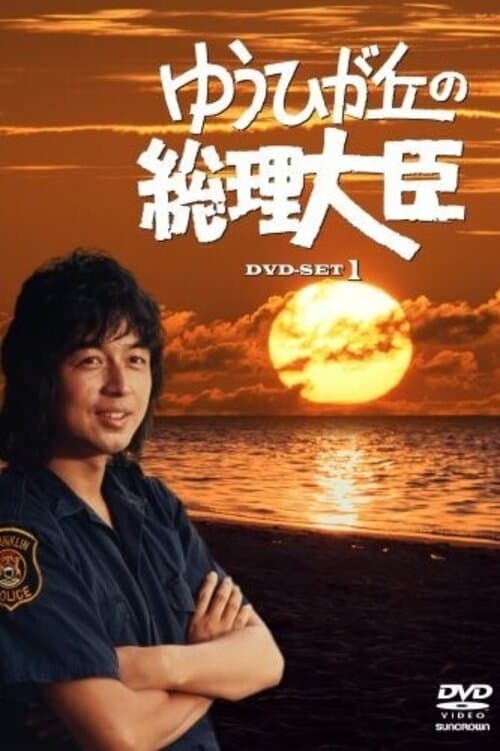 Prime Minister of Yuhigaoka (1978)N/A
Prime Minister of Yuhigaoka (1978)N/AA maverick man arrives at Yūhigaoka School. The drama incorporates educational issues as well as family problems and adult romance, and can be enjoyed by the whole family.
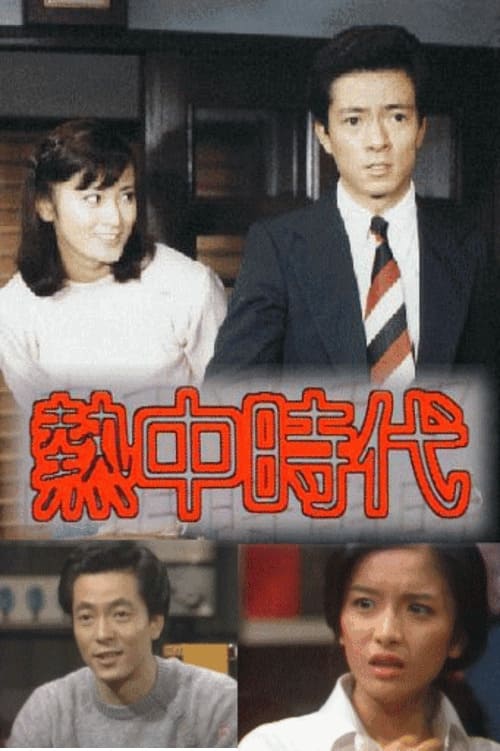 Netchū Jidai (1978)N/A
Netchū Jidai (1978)N/AThis light-hearted comedy tells the story of a young man who chooses to become a teacher and struggles to live and grow in the field of education.
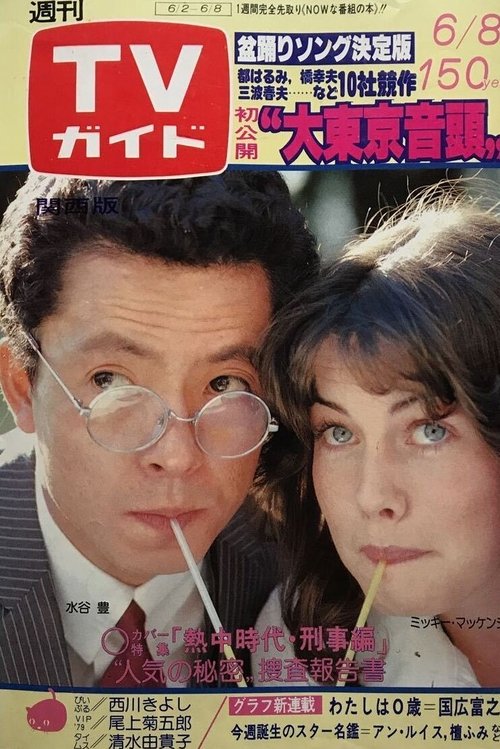 Necchu Jidai: Keiji Hen (1979)N/A
Necchu Jidai: Keiji Hen (1979)N/AThe struggle of a rookie detective, portrayed with a cheerful and comical touch. Takeshi Hayano originally belonged to the Traffic Division but was transferred to the First Investigative Division of Daimon Police Station as a rookie detective. His first case is a drug-related murder, during which he ends up missing a "key witness" pursued by his senior colleagues in the First Investigative Division. Feeling responsible, Hayano becomes depressed. Investigations, daily life, and relationships. Each episode features a variety of cases, including robbery, arson, disguise, kidnapping, fraud, and split personalities. Hayano investigates the cases together with his senior colleagues in the First Investigative Division (Chief Ushiota, Chief Detective Sugaya, Detective Yazu, Detective Maehara, Detective Hazama, etc.).
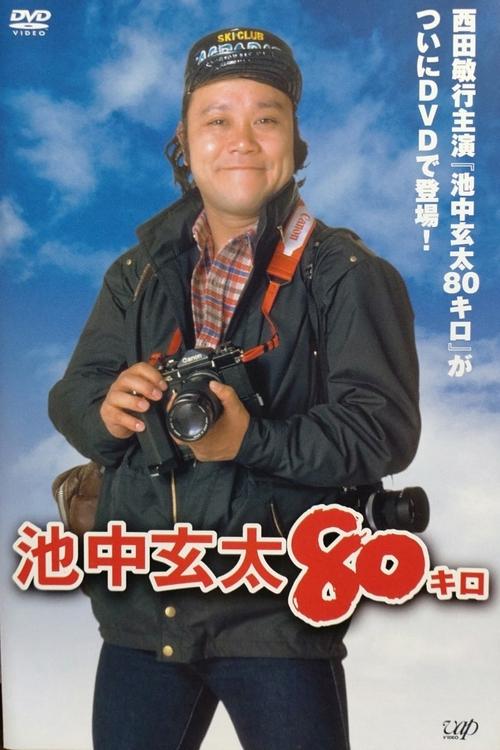 Ikenaka Genta 80 kilo (1980)N/A
Ikenaka Genta 80 kilo (1980)N/AA heartwarming and hilarious story about a photographer, Genta Ikenaka, who goes to live with the three daughters left by his wife, Tsuruko, who died shortly after their marriage.
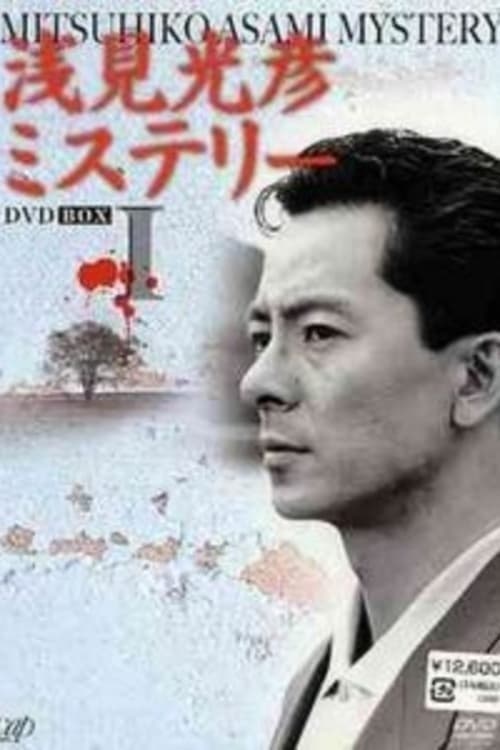 Asami Mitsuhiko Mysteries (1987)N/A
Asami Mitsuhiko Mysteries (1987)N/ACrime mysteries from 1987 to 1990 based on Yasuo Uchida's novels starring Yutaka Mizutani.
 Girls In The Wind (1988)N/A
Girls In The Wind (1988)N/A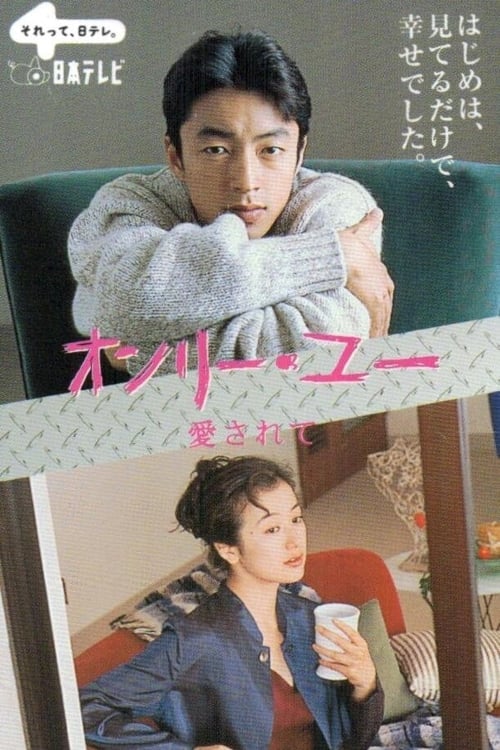 Only You: Aisarete (1996)N/A
Only You: Aisarete (1996)N/AA romantic drama about a mentally handicapped man in love with a supermodel.
 Kurenai (1998)N/A
Kurenai (1998)N/AAfter having aborted her lover’s baby, thirty-four year-old Fuyuko undergoes an emergency hysterectomy and feels a loss of womanhood as she gives up her dreams of marriage and children. Kishi is caught between his enduring love for Fuyuko and his wife’s desire to keep their family together.
 Worst Date Ever (2000)N/A
Worst Date Ever (2000)N/A あなたはこの衝撃に耐えられる?ワールドドキドキビデオ (2020)N/A
あなたはこの衝撃に耐えられる?ワールドドキドキビデオ (2020)N/A World Delicious Discoveries (2024)N/A
World Delicious Discoveries (2024)N/AWhat kinds of people are enjoying meals around the world, and what thoughts accompany their dining experiences? Discover the most beloved local dishes and connect with different cultures through the power of food!